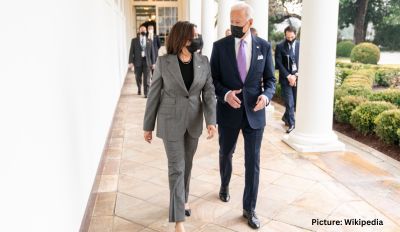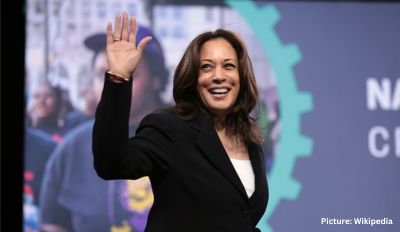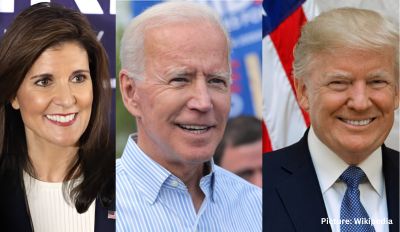Americans place a lot of importance on friendship. In fact, 61% of U.S. adults say having close friends is extremely or very important for people to live a fulfilling life, according to a recent Pew Research Center survey. This is far higher than the shares who say the same about being married (23%), having children (26%) or having a lot of money (24%).
How we did this
We decided to ask a few more questions to better understand how Americans are experiencing friendship today. Here’s what we found:
Number of close friends
A narrow majority of adults (53%) say they have between one and four close friends, while a significant share (38%) say they have five or more. Some 8% say they have no close friends.
There’s an age divide in the number of close friends people have. About half of adults 65 and older (49%) say they have five or more close friends, compared with 40% of those 50 to 64, 34% of those 30 to 49 and 32% of those younger than 30. In turn, adults under 50 are more likely than their older counterparts to say they have between one and four close friends.
There are only modest differences in the number of close friendships men and women have. Half of men and 55% of women say they have between one and four close friends. And 40% of men
and 36% of women say they have five or more close friends.
Gender of friends
Most adults (66%) say all or most of their close friends are the same gender as them. Women are more likely to say this than men (71% vs. 61%).
Among adults ages 50 and older, 74% of women – compared with 59% of men – say all or most of their close friends are the same gender as them. Among adults younger than 50, the difference
is much smaller: 67% of women in this age group say this, as do 63% of men.
majority of adults (63%) say all or most of their close friends are the same race or ethnicity as them – though this varies across racial and ethnic groups. White adults (70%) are more likely than Black (62%), Hispanic (47%) and Asian adults (52%) to say this.
This also differs by age. Adults 65 and older are the most likely (70%) to say all or most of their close friends share their race or ethnicity, compared with 53% of adults under 30 – the lowest
share among any age group.
Satisfaction with friendships

The majority of Americans with at least one close friend (72%) say they are either completely or very satisfied with the quality of their friendships. Those 50 and older are more likely than their
younger counterparts to be highly satisfied with their friendships (77% vs. 67%).
The survey also finds that having more friends is linked to being more satisfied with those friendships. Some 81% of those with five or more close friends say they are completely or very satisfied with their friendships. By comparison, 65% of those with one to four close friends say the same.
The survey didn’t ask adults who reported having no close friends about their level of satisfaction with their friendships.
What do friends talk about?
Of the conversation topics asked about, the most common are work and family life. Among those with at least one close friend, 58% say work comes up in conversation extremely often or often,
while 57% say family comes up this often. About half say the same about current events (48%).
There are differences by gender and age in the subjects that Americans discuss with their close friends:
Differences by gender
Women are much more likely than men to say they talk to their close friends about their family extremely often or often (67% vs. 47%).
Women also report talking about their physical health (41% vs. 31%) and mental health (31% vs.15%) more often than men do with close friends. The gender gap on mental health is particularly
wide among adults younger than 50: 43% of women in this age group, compared with 20% of men, say they often discuss this topic with close friends.
By smaller but still significant margins, women are also more likely than men to talk often about their work (61% vs. 54%) and pop culture (37% vs. 32%) with their close friends. Men, in turn, are more likely than women to say they talk with their close friends about sports (37% vs. 13%) and current events (53% vs. 44%).
Differences by age
Those ages 65 and older (45%) are more likely than younger Americans to say they often talk with their close friends about their physical health.
There are two topics where young adults – those under 30 – stand out from other age groups.
About half of these young adults (52%) say they often talk with their friends about pop culture.This compares with about a third or fewer among older age groups. And young adults are more
likely to say they often talk about their mental health with close friends: 37% say this, compared with 29% of those 30 to 49 and 14% of those 50 and older.











